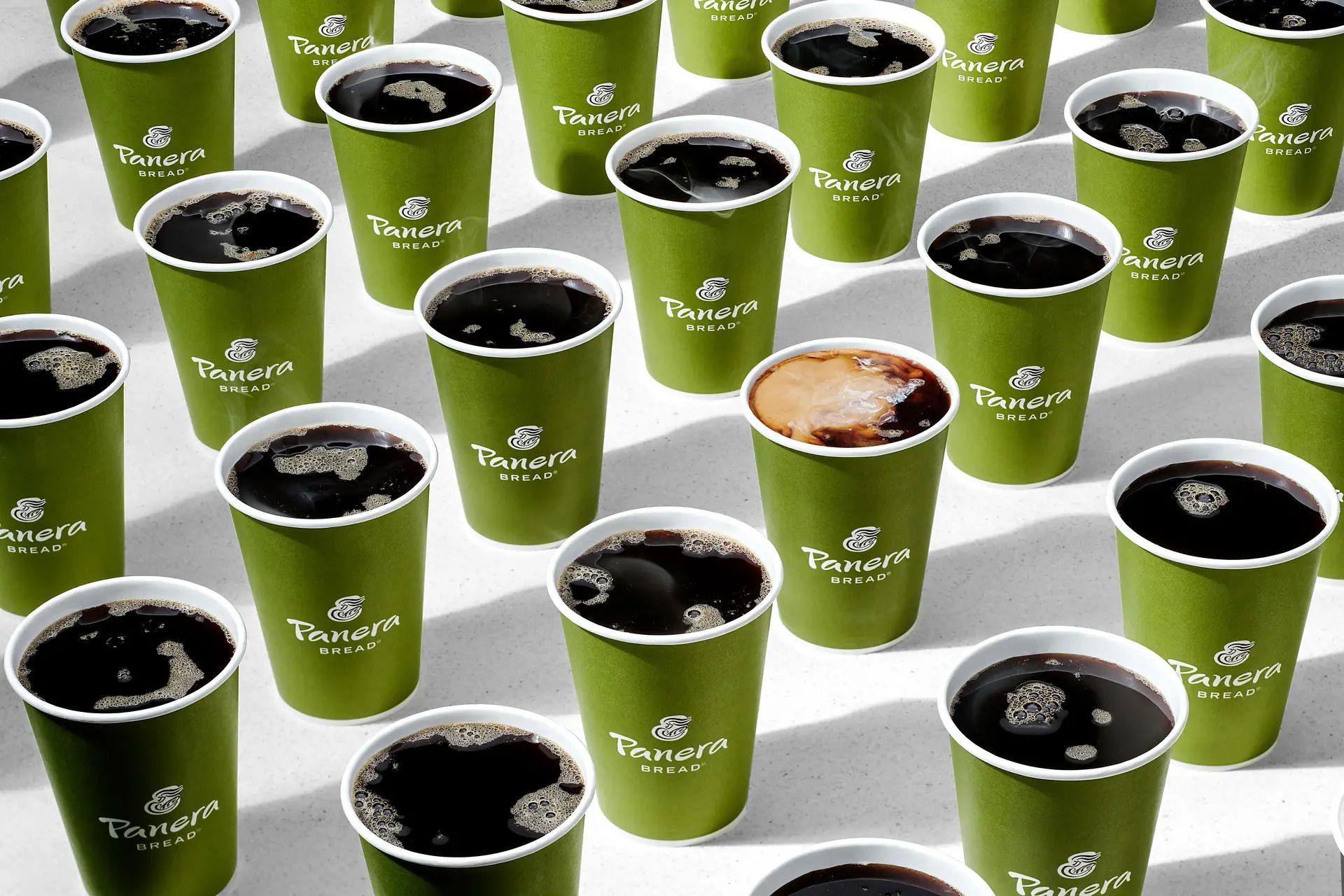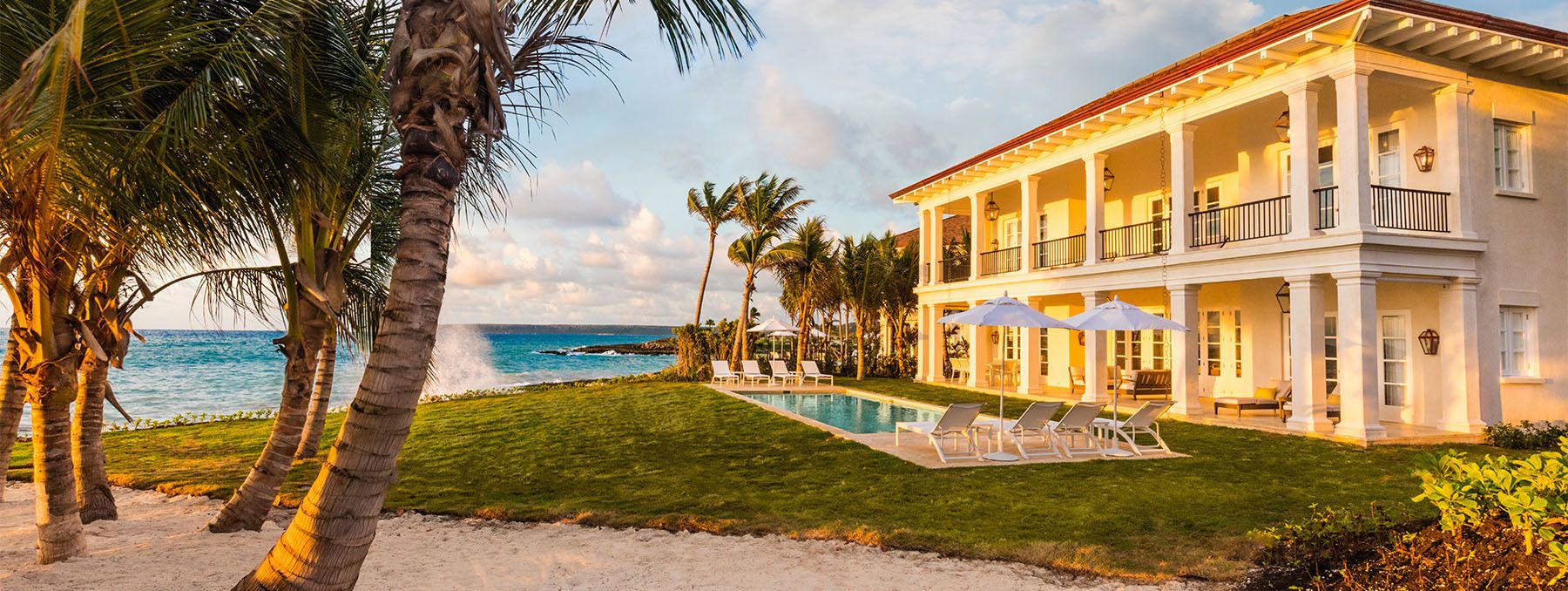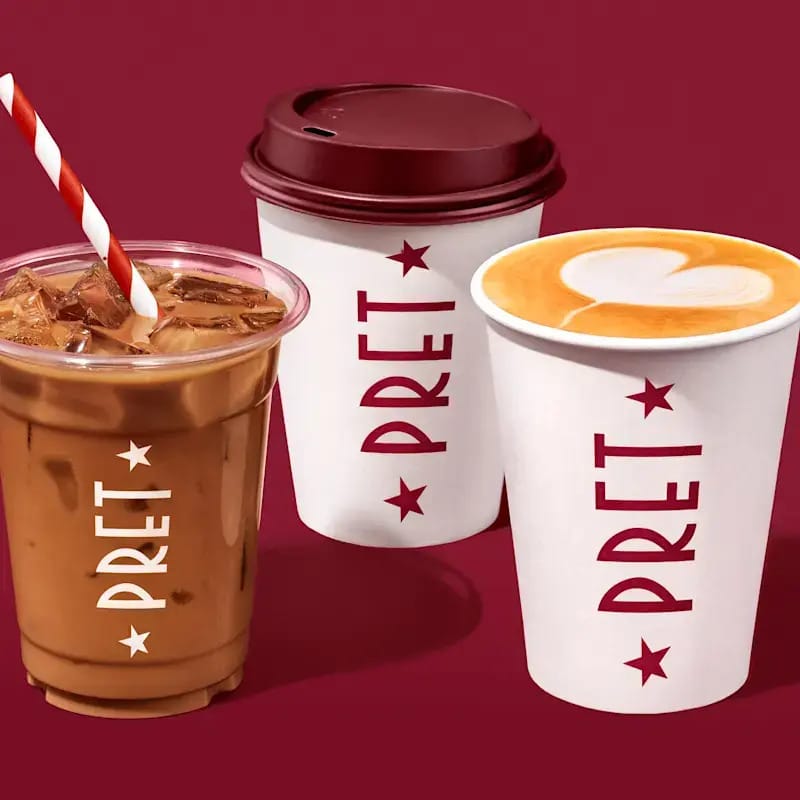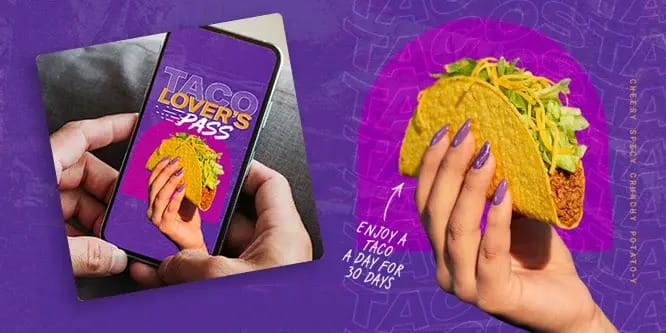- Hot Potato
- Posts
- The Subscription Revolution: Are You Missing the Boat or Dodging a Bullet?
The Subscription Revolution: Are You Missing the Boat or Dodging a Bullet?

Hey Hot Potatoes,
Welcome to the latest edition of the Hot Potato Newsletter! I just got back from a fascinating coffee shop crawl across London (yes, it's research, I swear) and something wild is happening out there. At Pret, I watched people casually flash their phones for discounted coffee like they owned the place. At Sea Containers hotel, I overheard a guest bragging about their "commuter club" subscription. Even Taco Bell (in the US) is getting in on the action with daily taco passes!
It hit me while sipping my third flat white of the day – we're witnessing the biggest shift in hospitality revenue models since loyalty programs were invented. But here's the kicker: for every subscription success story, there's a graveyard of failed attempts that burned through millions.
The numbers are absolutely bonkers: Panera's coffee subscription has nearly 500,000 paid subscribers with a 90-95% monthly renewal rate, while Pret served over a quarter billion coffees through their program. On the flip side, we've seen spectacular crashes like Selina (stock price: $9.75 to 17 cents) and quick deaths like Burger King's coffee subscription (canceled within months).
The burning question: Are subscription models the golden ticket to recurring revenue, or just another "revolutionary" business model that'll have you explaining awkward churn rates to investors? We’re diving deep into what's actually working, what's spectacularly failing, and most importantly – whether this trend deserves a spot in your business strategy.
In today's email: The Subscription Revolution: Are You Missing the Boat or Dodging a Bullet?
Read Time: Approx 3-4 mins
Why Smart Operators Are Going All-In on Subscriptions
Source: Restaurant Business / Chargbee
Subscription models have big benefits including predictable revenue, improved loyalty, driving upsells as well as future-proofing businesses from economic shocks.
Key Points:
Revenue that doesn't disappear overnight: Traditional hospitality lives in constant fear – one economic downturn and your customer base evaporates. Subscription models flip this nightmare into guaranteed monthly revenue that creates an unshakeable financial foundation, which also helps improve forecasting.
Loyalty that actually matters: Subscription models create psychological ownership. When customers pay monthly fees, they're invested in maximising value. Panera's coffee subscribers visit eight times more frequently than non-subscribers.
Data goldmines and upselling opportunities: Panera saw food purchases with coffee orders grow by 70% during tests. Subscriptions don't just guarantee base revenue, they create platforms for higher-margin upsells.
Crisis-proof business models: When the pandemic hit, traditional hospitality businesses collapsed while subscription models provided lifelines. Pret's Club Pret subscription was instrumental in the company's return to profitability, serving over a quarter of a billion coffees through the program over four years.

Panera Bread - Offering unlimited coffee for $9 per month
The Subscription Success Stories
Check out the businesses below who have made subscription models work for them.
Key Points:
Panera - The Gold Standard: Panera's $8.99 monthly program signed up 800,000 customers initially and maintains nearly 500,000 paid subscribers. Subscriptions drove frequency increases of over 200%, with 70% food attachment rates turning coffee subscribers into full-meal customers.
Pret A Manger -The Pandemic Pivot: Pret's Club Pret redirected over 44% of users who initiated cancellation – three times higher than industry norms. But their recent model changes prove even success stories face sustainability challenges.
Taco Bell - Limited-Time Genius: Taco Bell's "Taco Lover's Pass" offered one free taco daily for 30 days at just $10, with tests showing 20% increases in rewards program memberships. By focusing on short-term passes, they avoid long-term churn while building lasting habits.
Inspirato - Luxury Travel Redefined: Starting at $15,000 annually for unlimited luxury stays, they achieved record profitability, proving high-end customers will pay premium prices for guaranteed access.

Inspirato - The luxury travel subscription model
The Dark Side Nobody Talks About
Source: Tranzzo / The Grocer
There are however downsides to subscription models, from dangers of customer churn to slashing of margins.
Key Points:
Subscription fatigue is crushing margins: Your coffee subscription isn't just competing with other coffee shops – it's fighting Netflix, Spotify, gym memberships, and fifteen other monthly charges for your customers hard earned cash.
The churn nightmare: Stop impressing subscribers for even a month and they'll cancel faster than you can say "recurring revenue." If you're spending £200 to acquire a subscriber who cancels after two months of £50 payments, you're literally paying people to use your service.
The subscription squeeze is inevitable: Pret recently ended its free coffee model, reducing the £30 monthly fee to £5 but changing five free coffees daily to 50% off up to five drinks. The pattern: hook customers with generous offers, then gradually squeeze benefits.

Pret had to reduce their £30 a month - 5 drinks a day model to £5 a month and 50% off drinks
The Verdict: Revolution or Red Herring?
So what’s the final say when it comes to subscriptions?
Coffee shops have cracked the code. The most successful hospitality subscriptions aren't luxury hotels – they're everyday coffee shops creating daily habits with low-cost, high-frequency purchases. Panera's model works because coffee is naturally habit-forming, and subscribers drive food purchase rates into double digits.
Location and loyalty trump luxury. Zoku in Amsterdam succeeded by targeting specific niches (remote workers) in prime locations with integrated services beyond basic accommodation. They built ecosystems, not just subscription programs.
Limited-time beats long-term for many concepts. Taco Bell's (in the US only) 30-day passes avoid chronic churn while building customer habits and driving menu experimentation. Sometimes the best subscription strategy is knowing when to end.
If it was down to me and I was opening a coffee shop, I would be happy to trial a limited-period subscription model and see how it went. Longer-term I’d stick with a strong loyalty program that rewards customers for their visits but let me know your thoughts!

The ‘Taco Lovers’ pass by Taco Bell for $10 a month allows customers one taco per day
Today we've explored the subscription revolution sweeping hospitality – from Panera's coffee empire to Pret’s need to pivot. The verdict? Subscriptions work brilliantly for specific niches (daily habits, targeted audiences, unique value) but can be financial disasters if you're chasing trends without substance.
I want to know: if you were launching a hospitality subscription model tomorrow, what would your concept be? Coffee? Co-working? Something completely different?
Now, speaking of generational shifts turning hospitality upside down... have you tried understanding what Gen Z actually wants when they eat out? These TikTok-obsessed, climate-conscious consumers are rewriting every dining rule. They'd rather order delivery than dine in, care more about your values than your Michelin stars and are unforgiving on social media if you mess up. Next week we're decoding the Gen Z dining puzzle and revealing what restaurants need to do to win over the future of hospitality.
Ready to decode the Gen Z dining revolution? Subscribe now to get our complete guide to winning over the future of hospitality delivered straight to your inbox in our next edition!
Bon appétit,
Max Shipman, Founder, Hot Potato
P.S. Don't forget to add us to your safe senders list to ensure you don't miss out on any of our tasty content.